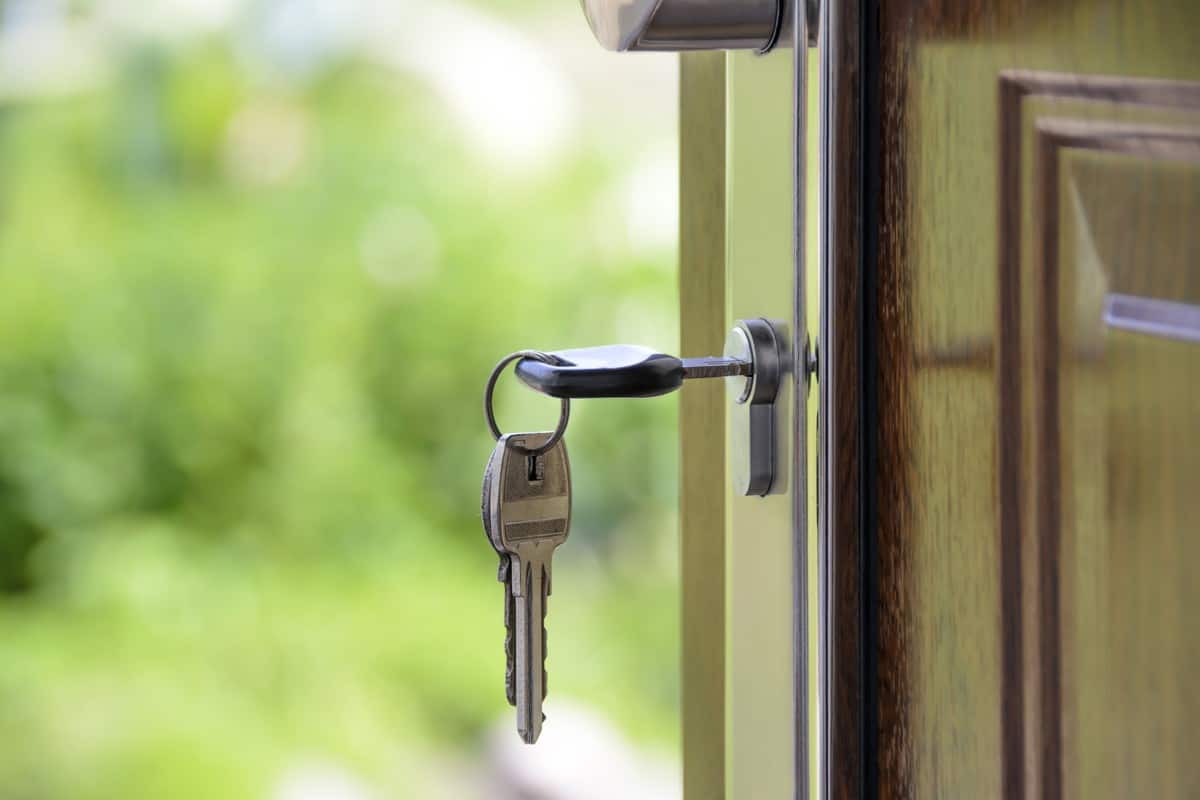The average house stays on the market for just 68 days, and that means you need to be ready to make an offer as soon as you find the home of your dreams. Before you can make that offer, you need to qualify for a mortgage.
In most cases, that means making a down payment on the home to secure the loan. So, what happens if you don’t have the money on-hand? Some lenders may issue you the loan as long as you have private mortgage insurance in place.
Here’s what to know about this coverage.
What Is PMI?
When you buy a house, most mortgage lenders expect you to make a down payment on a home loan. The down payment is typically, at least 20 percent of the home’s purchase price. You then take out a mortgage for the remaining amount of the home’s purchase price.
The down payment shows that you’re serious about buying a house and reducing the risk of a financial loss if you default on the loan.
After all, the less you borrow, the less they stand to lose on the loan.
If you don’t have the funds to make the full 20 percent down payment, you may still qualify for the mortgage, but you’ll need to find a way to guarantee the loan. That’s where private mortgage insurance comes into play.
It’s a separate policy that protects the lender. If you default on the loan, the insurance will pay out a portion of the remaining mortgage to the lender to offset the amount they lose.
How Much Will You Pay?
The amount you’ll pay for private mortgage insurance varies from lender to lender. It is usually 0.3 to 1.5% of the loan’s original value each year.
When you apply for a mortgage and don’t provide a 20 percent down payment, your lender will search for the insurance on your behalf. When they give you your loan estimate, you’ll see how much the PMI will cost for the year, along with the detailed loan terms.
If you agree with both the terms and the rate of your PMI policy, you’re free to accept the loan. If you don’t or feel that they’re charging you a rate that’s too high, you’re free to look for a different lender.
Remember, shopping around for a home loan is the best way to make sure you’re getting the best deal. Some lenders may even qualify you for a loan without PMI, but you won’t know unless you speak with several mortgage providers.
Your Credit Score Matters
Ultimately, the better your credit score is, the lower your monthly mortgage insurance should be. This is because lenders tend to view people with higher credit scores as lower-risk borrowers. You’re less likely to default on the loan, so they require lower amounts of mortgage insurance.
If you can, try to improve your credit score before you apply for a home loan. This will help you qualify for a larger loan at a lower interest rate while also decreasing your PMI payments.
How You’ll Pay For Private Mortgage Insurance
There are several ways to make payments to your mortgage insurance provider. The easiest way is to make monthly payments as part of your regular mortgage payments.
This helps break the amount you owe up into monthly installments and can help you budget for your mortgage costs more efficiently.
You can also make a lump-sum payment for the mortgage insurance when you close on the home. This will be a one-time payment and satisfies your obligation to the insurance provider once you’re done.
If you choose this route, you’ll need to have the money upfront. You can’t roll it into your mortgage like you can the closing costs. Keep in mind that it will still be less than the full 20 percent down payment most borrowers pay.
Other PMI issuers require you to make a larger up-front payment as well as monthly payments. This helps lower the overall price of the PMI policy over the life of your loan and can make your monthly mortgage payments more bearable.
You’re Not Locked Into Paying PMI Forever
When you make a down payment on a home, whether it’s 5 or 40 percent of the house’s purchase price, you’re building equity in your home immediately. The more equity you build in the house, the smaller your loan is, and the less the bank will lose if you default on the loan.
Your mortgage insurance will only stay in place until you reach 20 percent equity in your home. In other words, once you repay the bank a full 20 percent of the home’s purchase price, you’ll no longer need to make PMI payments.
They’ll close out the insurance policy, and your monthly mortgage payments will go toward the loan’s principal and interest accrued.
There Are Ways To Avoid It Entirely
Believe it or not, there are ways to avoid taking out PMI completely. However, they all come down to one thing: making a down payment on the mortgage.
If you have cash-on-hand, you can use it as a down payment. Even if you don’t have the full 20 percent, it will decrease your mortgage insurance cost each month.
You can also look into a piggyback mortgage to use as a down payment. Piggyback mortgages are secondary loans that get rolled into your regular monthly mortgage payment.
The terms are shorter than standard mortgages, but many people find their premiums lower than the cost of PMI.
Do You Need PMI?
Ultimately, you won’t need private mortgage insurance if you’re paying a full 20 percent down payment on your home or using a piggyback mortgage to fill in the gaps. However, if you can’t afford a down payment, PMI will allow you to buy your dream home without forcing you to spend cash upfront.
Whether you think you need mortgage insurance or not, take the time to shop around for lenders. Use their PMI calculators to crunch the numbers and only choose the loan that works best for your financial situation.
Not sure how much you can buy or which loan is best for your needs? Check out our mortgage tools and get the information you need.



